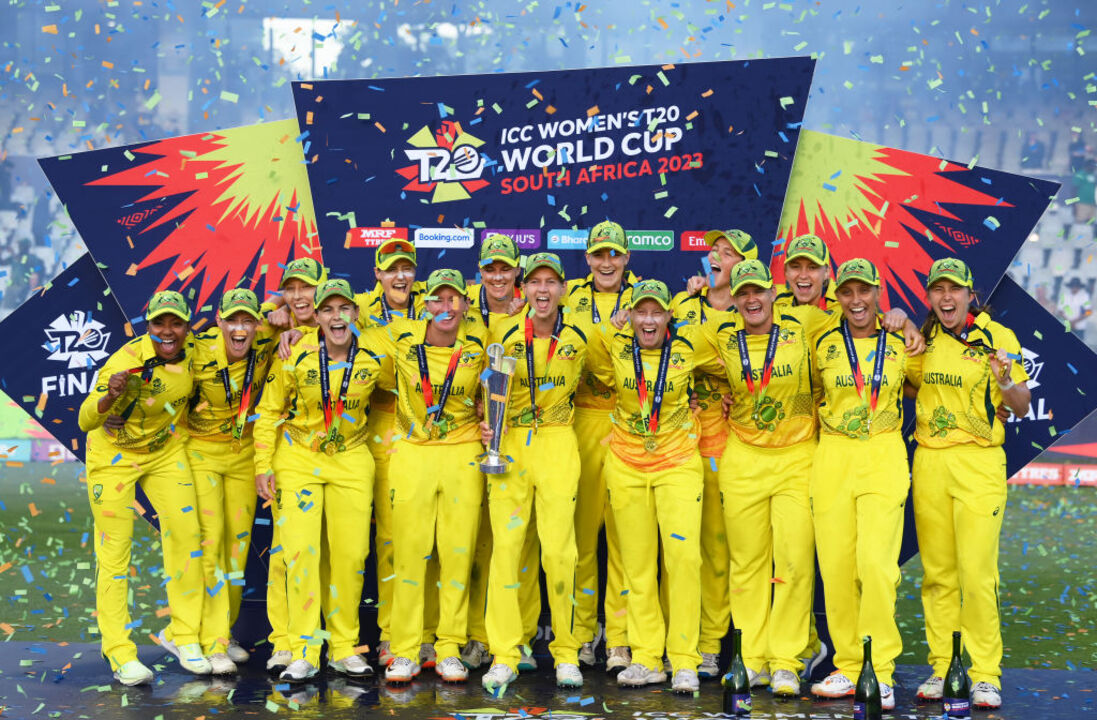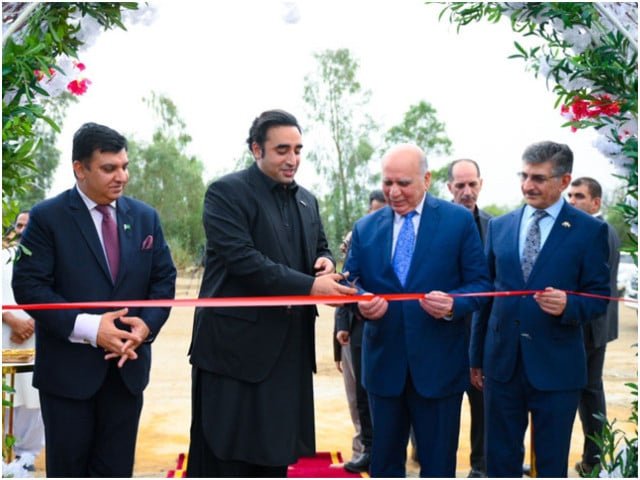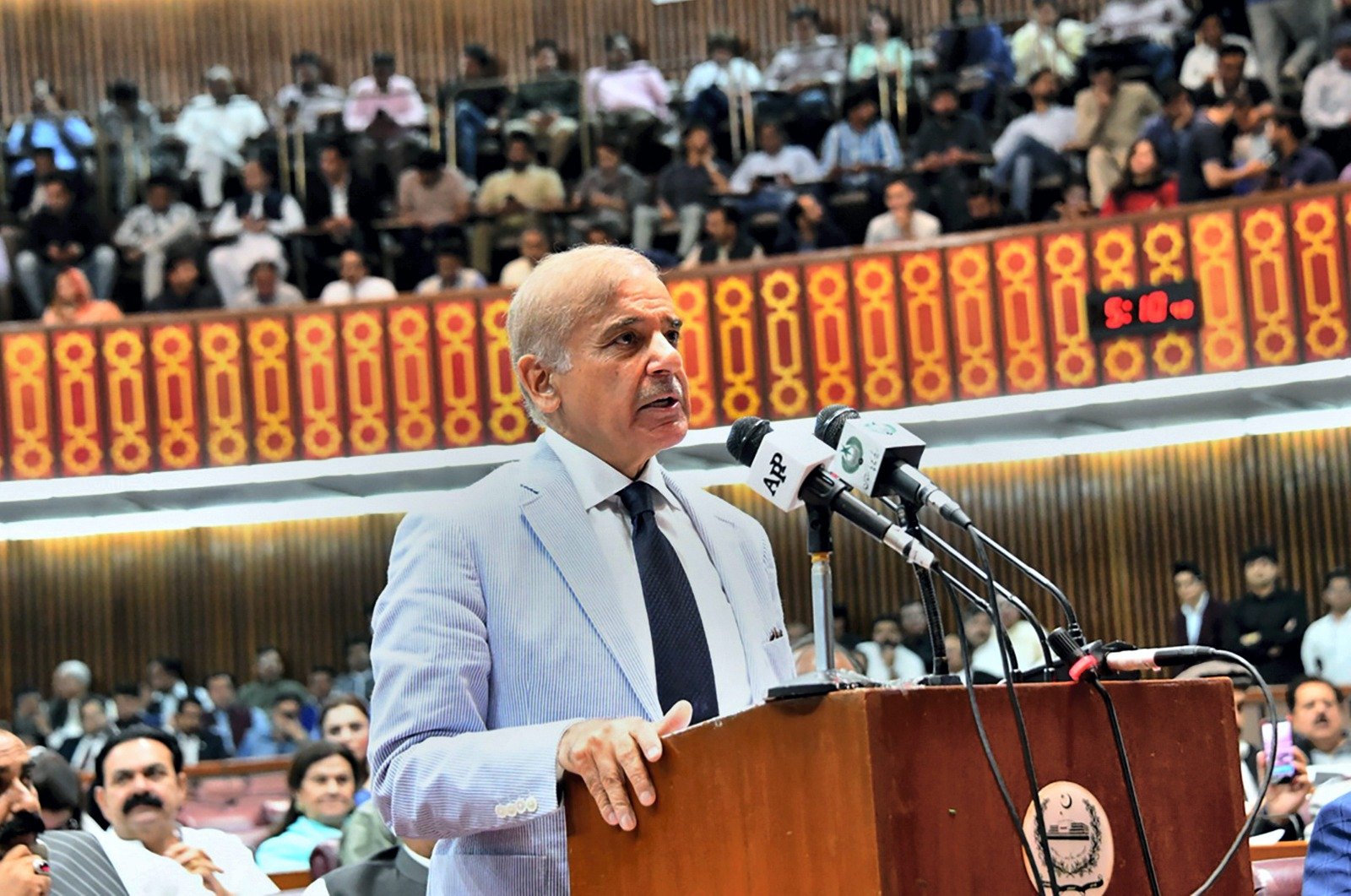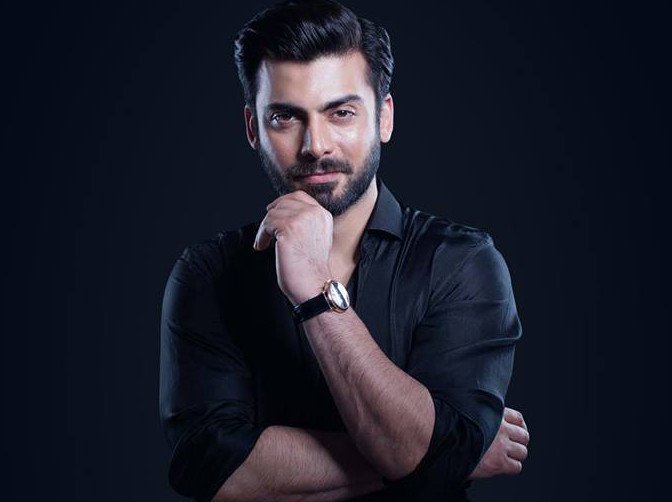Anwar ul haq kakar
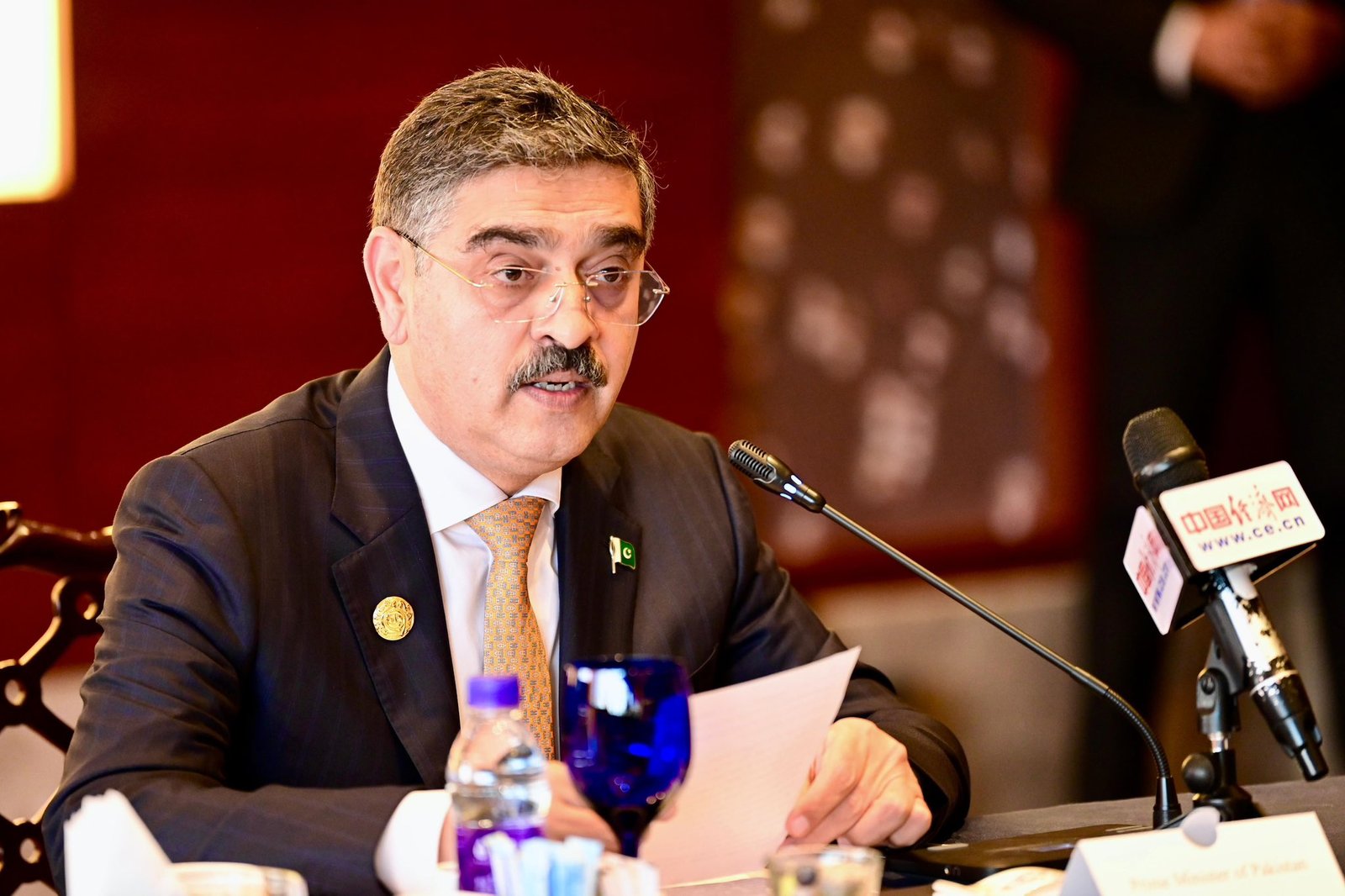
who is anwar ul haq kakar?
Anwar ul Haq Kakar is a Pakistani politician who is currently serving as the Caretaker Prime Minister of Pakistan. He previously served as the spokesperson of the Government of Balochistan from 2015 to 2017.
Kakar is a member of the Balochistan Awami Party (BAP), but he was elected as an independent senator from Balochistan province in 2018. He is also a founding member of BAP.
Pakistan’s interim Prime Minister, Anwaar-ul-Haq Kakar, said he expects the country’s parliamentary elections to be held in early 2024. He dismissed concerns that the military would interfere with the election to prevent the party of former Prime Minister Imran Khan from winning.
In an interview with the Associated Press on Friday, Kakar said that the Election Commission, not the military, would be responsible for conducting the vote. He also pointed out that Khan had appointed the current head of the Election Commission, so it would make no sense for the commission to turn against him.
Pakistan has been in political turmoil since April 2022, when Khan was removed from office through a no-confidence vote in Parliament. He was arrested in early August on corruption charges and sentenced to three years in prison, although the sentence was later suspended. The country is also facing a severe economic crisis and is recovering from devastating floods last summer that killed at least 1,700 people and destroyed millions of homes and farmland.
The Election Commission announced on Thursday that the elections would be held during the last week of January, delaying the vote from November, as originally scheduled under the constitution.
In simpler terms:
The interim Prime Minister of Pakistan says that the country’s elections will be held in early next year and that the military will not interfere. He also says that the former Prime Minister, Imran Khan, appointed the current head of the Election Commission, so it is unlikely that they would turn against him.
Last month, Anwar ul Haq Kakar resigned from his position as a senator after he was chosen by outgoing Prime Minister Shehbaz Sharif and opposition leader Raza Riaz to be the caretaker prime minister. Kakar’s job is to oversee the upcoming elections and run the day-to-day affairs of the country until a new government is elected.
Kakar said that when the Election Commission sets an exact election date, his government will provide all necessary assistance, financial, security, or other related requirements.
When asked whether he would recommend that judges overturn Imran Khan’s conviction so that he could run in the elections, Kakar said that he would not interfere with decisions made by the judiciary. He stressed that the judiciary should not be used “as a tool for any political ends.”
Kakar said that fair elections can take place without Khan or the hundreds of members of his party who are in jail because they engaged in unlawful activities, such as vandalism and arson, following Khan’s arrest in May. He added that the thousands of people in Khan’s party who did not engage in unlawful activities “will be running the political process; they will be participating in the elections.”
The Pakistani military has a history of overthrowing governments, and some of Khan’s supporters believe that the military is currently in control of the country and that democracy is under threat.
Kakar, who reportedly has close ties to the military, said that these allegations are “part and parcel of our political culture,” and he pays no attention to them. He described his government’s working relationship with the military as “very smooth,” “very open,” and “very candid.”
Kakar said that there are challenges with civil-military relations, but he believes that the root causes of the imbalance are different. He said that civilian institutions in Pakistan have “deteriorated in terms of performance for the last many decades,” while the military is disciplined, has organizational capabilities, and has improved over the past four decades.
Kakar said that the solution is to gradually improve the performance of civilian institutions “rather than weakening the current military organization, because that’s not going to solve any of our problems.”




